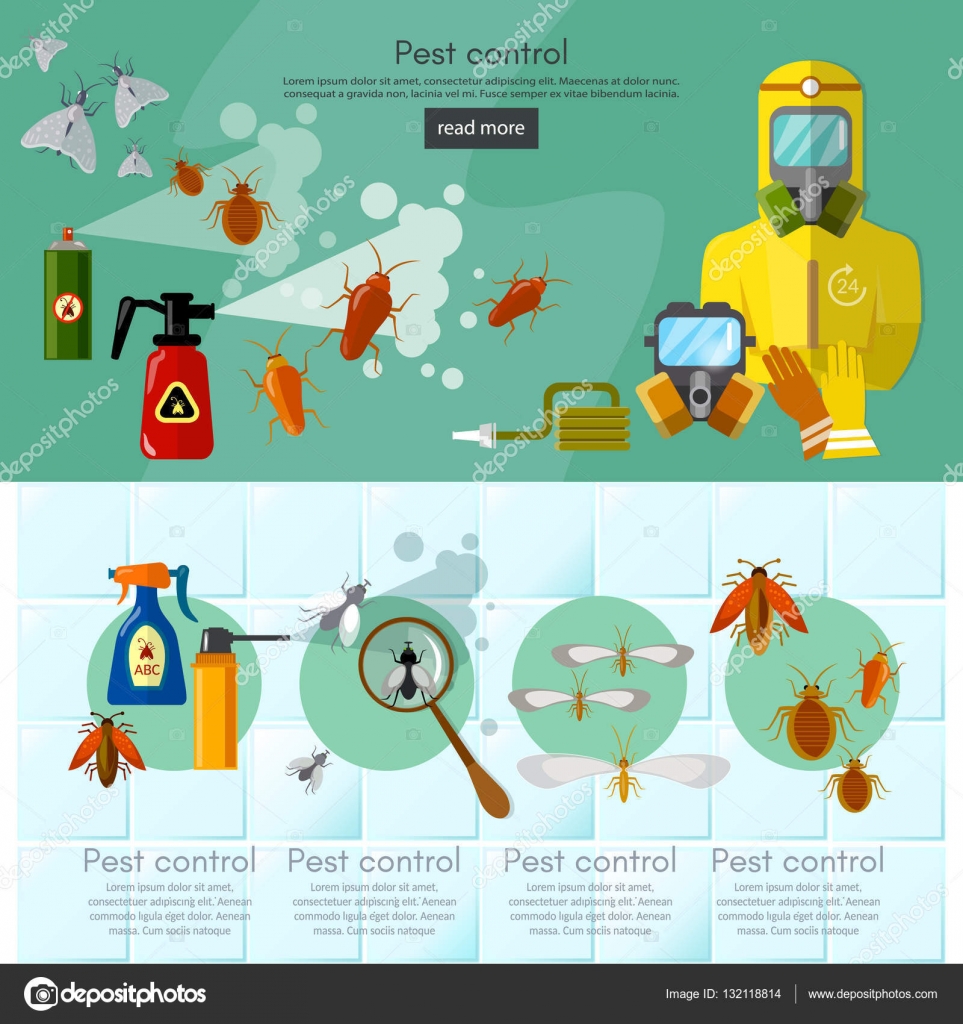Dispelling Usual Misconceptions Regarding Home Insect Inspections: Separating Truth From Fiction
Dispelling Usual Misconceptions Regarding Home Insect Inspections: Separating Truth From Fiction
Blog Article
on front page -Shaffer Neergaard
When it involves ensuring your home is pest-free, you may have heard numerous misconceptions about pest evaluations. Yet did you recognize that some of these commonly held beliefs could be leading you astray? By discovering the reality behind these false impressions, you can better safeguard your home and enjoyed ones from prospective infestations. Remain tuned to discover the truth behind these insect control myths and furnish yourself with the expertise needed to secure your space successfully.
DIY Vs. Professional Insect Control
When it comes to pest control, employing a specialist is often more efficient than attempting a DIY method. Professionals have the knowledge, experience, and access to specialized tools and products that can effectively eliminate parasites from your home. They can properly recognize the sort of insect infestation you're taking care of and customize a treatment strategy to resolve it effectively. By relying upon a professional bug control solution, you can conserve money and time over time by ensuring that the trouble is taken care of successfully the first time.
Professional insect control solutions also offer the advantage of ongoing upkeep and avoidance plans to keep bugs from returning. These preventative measures can aid protect your home against future invasions, giving you satisfaction. Additionally, specialists are educated to manage chemicals safely, minimizing the threat of exposure for you and your family members. In general, the expertise and detailed remedies supplied by specialist pest control solutions make them a reliable selection for reliable bug management.
Common Misconceptions About Evaluation Regularity
One usual misunderstanding about inspection regularity is that conducting examinations just when there are visible indications of pests suffices. While waiting for noticeable indications may look like an economical method, bugs can commonly continue to be surprise until their numbers have substantially boosted, making it harder and more expensive to eradicate them.
Normal examinations, even in the absence of obvious pest discoveries, can aid detect infestations in their early stages, preventing considerable damages to your home.
Performance of Preventive Steps
To successfully handle pest infestations, executing preventative steps is essential in maintaining a pest-free environment. Below are 4 necessary steps you can take to keep pests away:
1. ** Seal Access Information: ** Conduct a comprehensive examination of your home to determine and seal any type of fractures or openings where pests can enter. Usage caulk or climate stripping to seal spaces around windows, doors, pipelines, and vents.
2. ** Proper Food Storage Space: ** Shop food in impermeable containers and guarantee that your cupboard and kitchen area are clean and free of crumbs. Routinely clean countertops, tables, and floors to get rid of food resources that attract insects.
3. ** Minimize Wetness: ** Parasites are drawn in to water sources, so repair any leaking faucets, pipes, or home appliances. Use dehumidifiers in damp areas like cellars and attics to minimize dampness degrees.
4. ** Normal Upkeep: ** Keep your backyard clean by cutting shrubs and trees far from your home. flea and mosquito yard treatment and mess that can provide concealing places for pests. Regularly inspect and keep your home to avoid potential pest access factors.
Final thought
So, next time you believe you can find all the pests in your home just by taking a look around, remember this: bugs are masters of camouflage!
Do not be fooled by their stealthy methods - timetable regular examinations to catch them prior to they ruin your home.
Believe me, you'll thank on your own later when you're not managing a full-blown infestation. Prevention is key, my friend!
